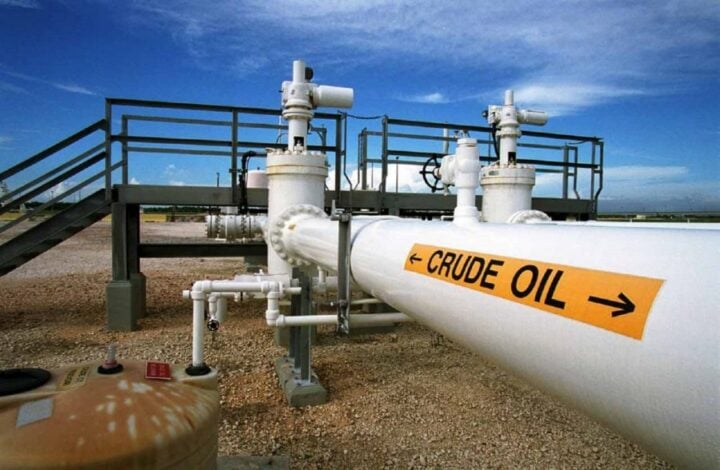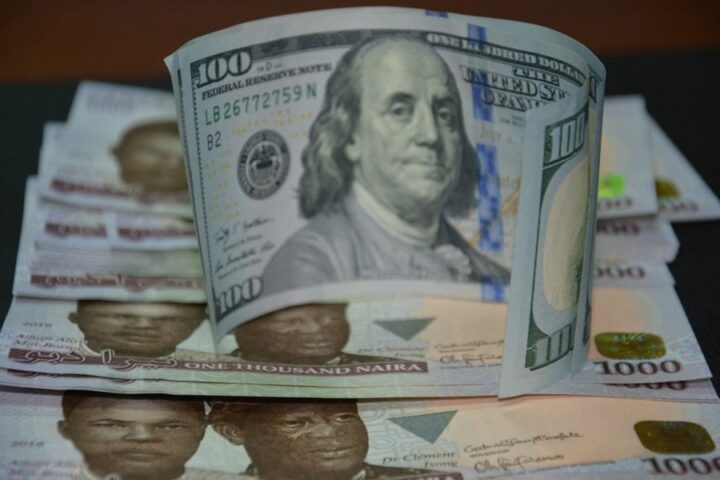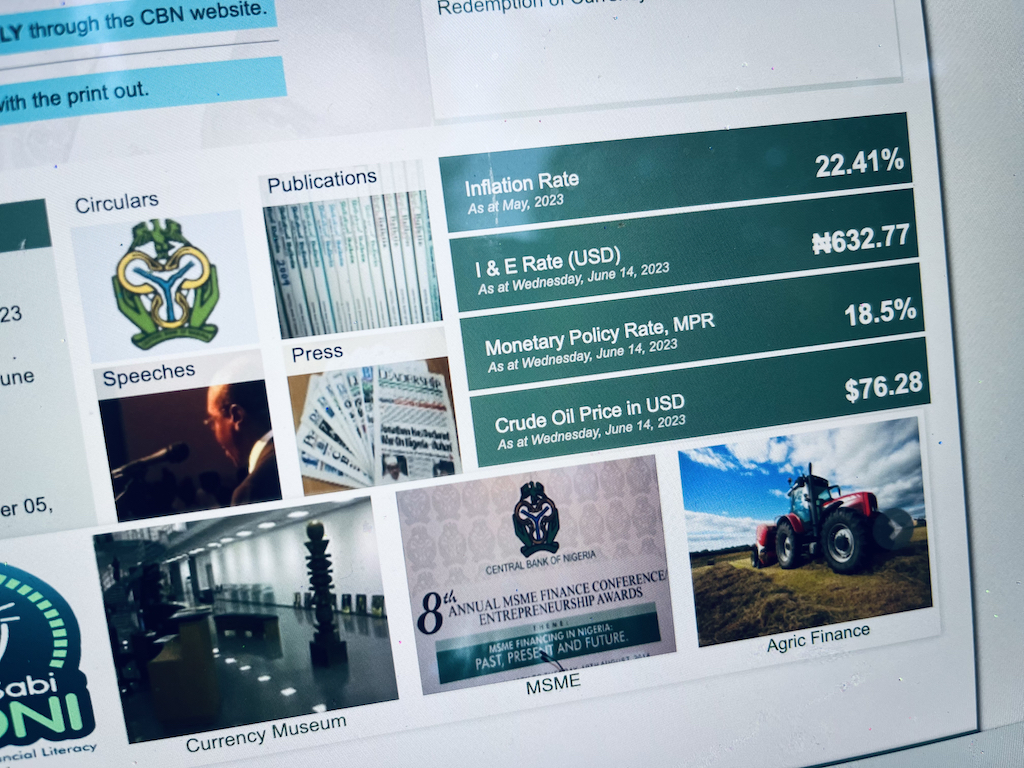Nigeria has reclaimed its position, overtaking Libya, as Africa’s largest oil producer.
In its latest monthly report, the Organisation of Petroleum Exporting Countries (OPEC) said Nigeria’s oil production increased by 185,000 barrels per day (bpd) to 1.184 million bpd in May 2023.
In the same month, the report said, Libya produced 1.158 million bpd, Angola produced 1.111 million bpd, and Algeria produced 962,000 barrels bpd, respectively.
In April 2023, Libya’s oil output reached 1.21 million bpd, surpassing Nigeria (whose production fell to 998,602 bpd) as Africa’s largest producer.
Advertisement
But according to fresh data provided by OPEC, the current oil output has placed Nigeria in the top spot in Africa.
“According to secondary sources, total OPEC-13 crude oil production averaged 28.06 million barrel per day in May 2023, lower by 464,000 bpd month-on-month,” OPEC said.
“Crude oil output increased mainly in Nigeria, Iran, and Angola, while production in Saudi Arabia, the UAE, and Kuwait declined.”
Advertisement
On June 13, 2023, TheCable reported that, with the addition of condensate, the country’s oil production rose from 1.245 million bpd in April, to 1.427 million bpd in May.
Condensate is a mixture of light liquid hydrocarbons, similar to a light (high API) crude oil. It is usually separated from a natural gas stream at the point of production (field separation) when the temperature and pressure of the gas are dropped to atmospheric conditions.
‘NIGERIA’S ECONOMY TO REBOUND IN SECOND HALF OF 2023
Meanwhile, OPEC said although Nigeria’s economy faced multiple challenges in previous months, it would rebound in the second half (H2) of 2023.
Advertisement
OPEC said the recovery would be dependent on the nation’s purchasing manager index (PMI), which rebounded sharply to 54 in May, up from 53.8 in April.
The PMI is an index of the prevailing direction of economic trends in the manufacturing and service sectors.
“Nigeria’s economy grew by 2.4 percent year-on-year (y-o-y) in the first quarter of 2023 (Q1), after growth of 3.6 percent y-o-y in Q4 2022,” OPEC said.
“Slowing growth in the services sector, slowing crude oil output, and a deceleration in manufacturing and farming industries are among the most important issues.
Advertisement
“Additionally, the economy is further burdened by ongoing high inflation and import restrictions.
“As a consequence, business activity and consumer spending remain subdued. Inflation data for April show an ongoing acceleration, with an annual rate of 22.2 percent y-o-y, up from 22 percent y-o-y in March. Food inflation has been a key factor in this rise, reaching 24.6 percent y-o-y in April, following a rise of 24.5 percent y-o-y in March.”
Advertisement
Consequently, the alliance said the Central Bank of Nigeria (CBN) lifted the key policy rate to 18.5 percent in May, “after 18 percent in April and following a 50 basis point (bp) hike in March and a 100 bp hike in January”.
“Despite the challenges, April’s Stanbic IBTC Bank Nigeria PMI recovered strongly to stand at 54 in May, after 53.8 in April, compared with only 42.3 in March, indicating a potential near-term recovery,” OPEC said.
Advertisement






